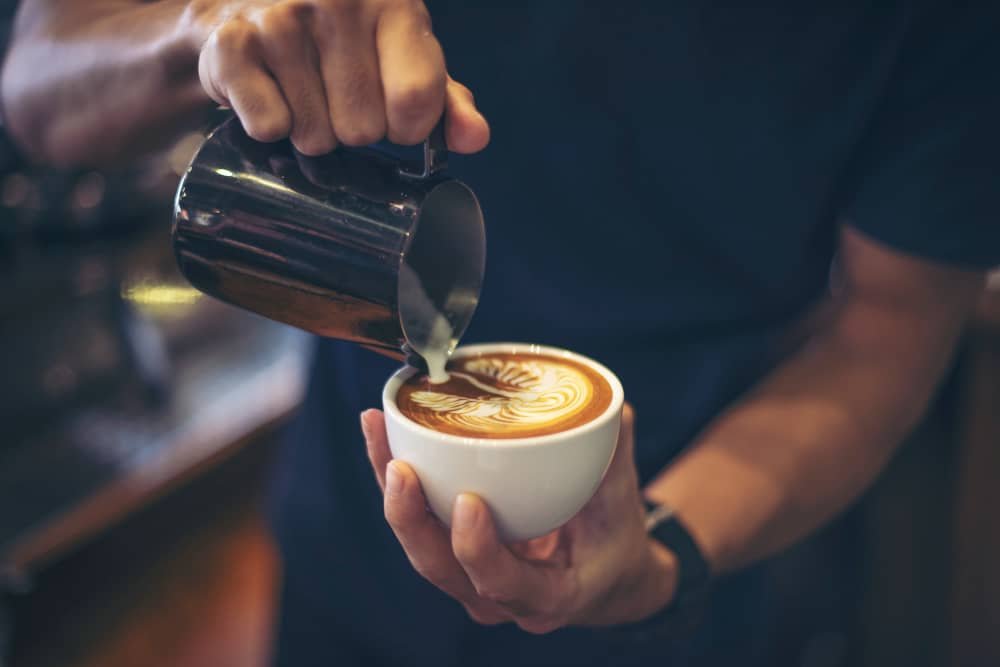Table of Contents
ToggleIn West Africa especially Nigeria, the consumption of most beverages is promoted by culture, time and season. Coffee has remained a classic drink from time immemorial and its taste and aroma cannot run out of time. But do Nigerians drink coffee?
Nigerians are yet to develop the coffee-drinking culture which has deprived most of enjoying the many benefits embedded in it. This article will be highlighting why coffee drinking has not been fashionable to Nigerians and how to better promote it.

LACK OF PROPER AWARENESS:
The sad reality is that lack of proper awareness has made Nigerians turn their back on coffee drinking and embrace rigorous consumption of unhealthy drinks like soda, beer and the like.
According to a report by Oxford Economics on Nigeria’s global beer market, Nigerian consumers spent $2.29 billion (approximately N826.69 billion) on beer in 2019. The Study titled: “Beer’s Global Economic Footprint”, commissioned by World Brewery Alliance (WBA) assessed the beer sector across 70 countries (including Nigeria), covering 89 percent of beer sold worldwide.
Only if the good news about the benefits of coffee drinking can be spread just like our political campaigns, then we might have a healthier nation. Frequent visitations to the hospital, and consumption of certain drugs as a result of ailments avoidable with coffee drinking would have been drastically reduced.
 An analysis of nearly 220 studies on coffee, published in the British Medical Journal (BMJ) in 2017, found that coffee drinkers may enjoy more overall health benefits than people who don’t drink coffee. ZUMA cares, more reason it has made it a point of duty to educate on why you should cultivate coffee drinking habits now.
An analysis of nearly 220 studies on coffee, published in the British Medical Journal (BMJ) in 2017, found that coffee drinkers may enjoy more overall health benefits than people who don’t drink coffee. ZUMA cares, more reason it has made it a point of duty to educate on why you should cultivate coffee drinking habits now.
COST:
Comparing coffee with other beverages, the cost of getting a cup of coffee is less expensive than what most Nigerians spend on other beverages every day. Although the present economic crisis in Nigeria has affected the income level of many, they decide to go for alternatives instead of going for what they need.
Most of the popular coffee brands are imported into the country which is the reason most Nigerians perceive coffee to be expensive. But the good times are here! ZUMA COFFEE, being a Nigerian-grown, processed, roasted and packaged product which is one of the best in the world has evaluated the current realities and has come up with a solution to make premium coffee affordable through unbeatable prices.

UNAVAILABILITY OF COFFEE SHOPS:
It feels good to walk into a coffee shop around the neighbourhood to have a great experience. Something is soothing about sitting at a café and enjoying a hot or cold cup of happiness. Cafés provide a forum for exchanging views and nurturing public opinion across the social spectrum.
In the earlier days, coffee houses were also popular with natural philosophers, antiquarians, and historians, as places for like-minded scholars to congregate, read, learn from and debate each other.
Cafés in Nigeria are mostly in the big cities but many more people would love to enjoy coffee in the “not so popular” areas which is the main reason ZUMA is putting all hands on deck to ensure the availability of more coffee shops in this part of the world.





